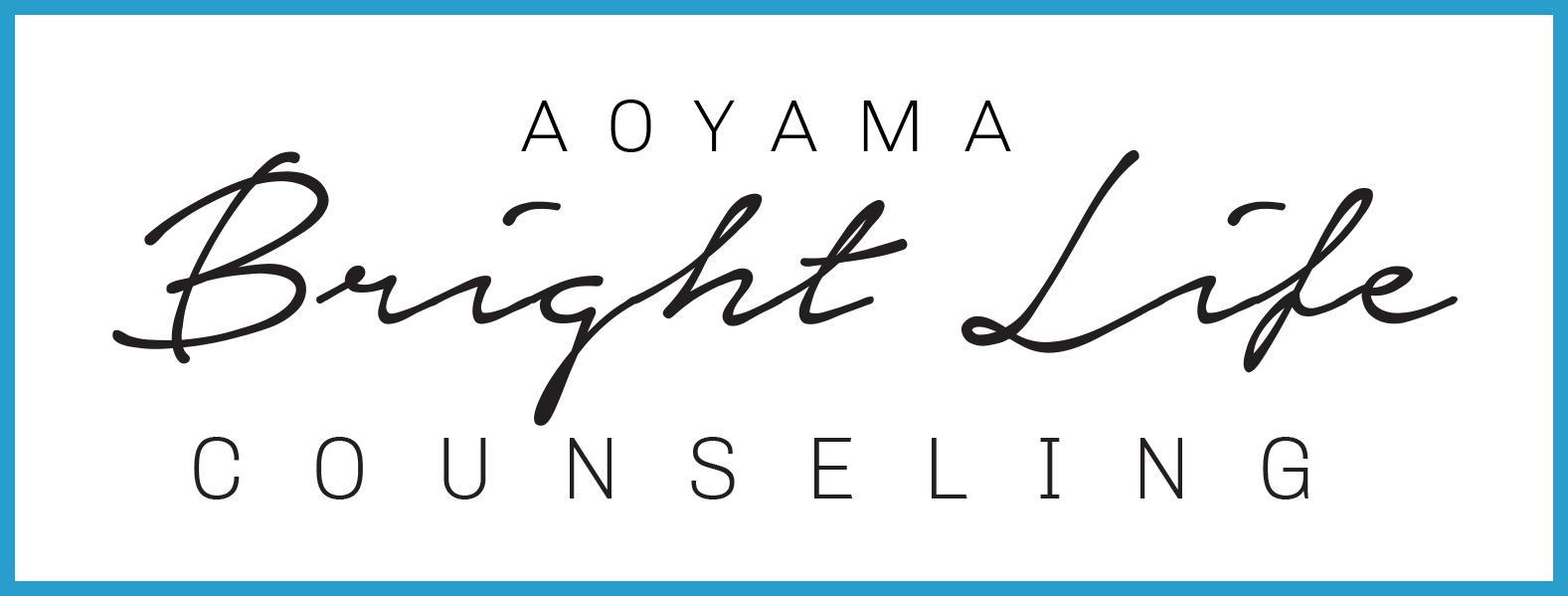People can make decisions in a variety of ways, some with their heart and some with their head. Those making decisions also turn to different tactics when faced with problems, such as relying on their intuition or deliberating to solve the issue. Researchers wanted to look in to how individual differences in decisions modes and processing styles could jointly affect prosocial behavior in social dilemmas.
The researchers recruited a representative sample of 1828 Swedish participants. The participants were then assigned to three groups, a control group, an affect (heart) decision group ,and a reason (brain) decision group. Those in the affect group were told to make decisions based on their heart, while the reason group was asked to make decisions based on reason. The control group received no instructions.
Participants were assessed how much they thought they “relied on deliberation, intuition, and emotions as well as how much the instructions made them think more about their decisions.” They also participated in various incentivized choice scenarios to assess their prosocial behavior, and scenarios to asses intuitive choice vs deliberation.
The results showed those that were told to think with their hearts (affect group) were more prosocial in their decision making than those that were instructed to use reason. However, the processing style, intuitive vs deliberation, was shown to not predict prosocial behaviors, nor did it interact with decision making type.
While these results may seem pretty obvious, thinking with you heart leading to more prosocial behavior, understanding complete mechanism for prosocial behavior is a challenge. Demonstrating induced affective decision making, but not processing styles, increased prosocial behavior is a good step toward gaining a better understanding of the mechanism.
Original article: https://www.psypost.org/2022/03/asking-people-to-use-your-heart-rather-than-your-brain-increases-prosocial-behaviors-study-finds-62732
Study: http://journal.sjdm.org/21/211104/jdm211104.html





